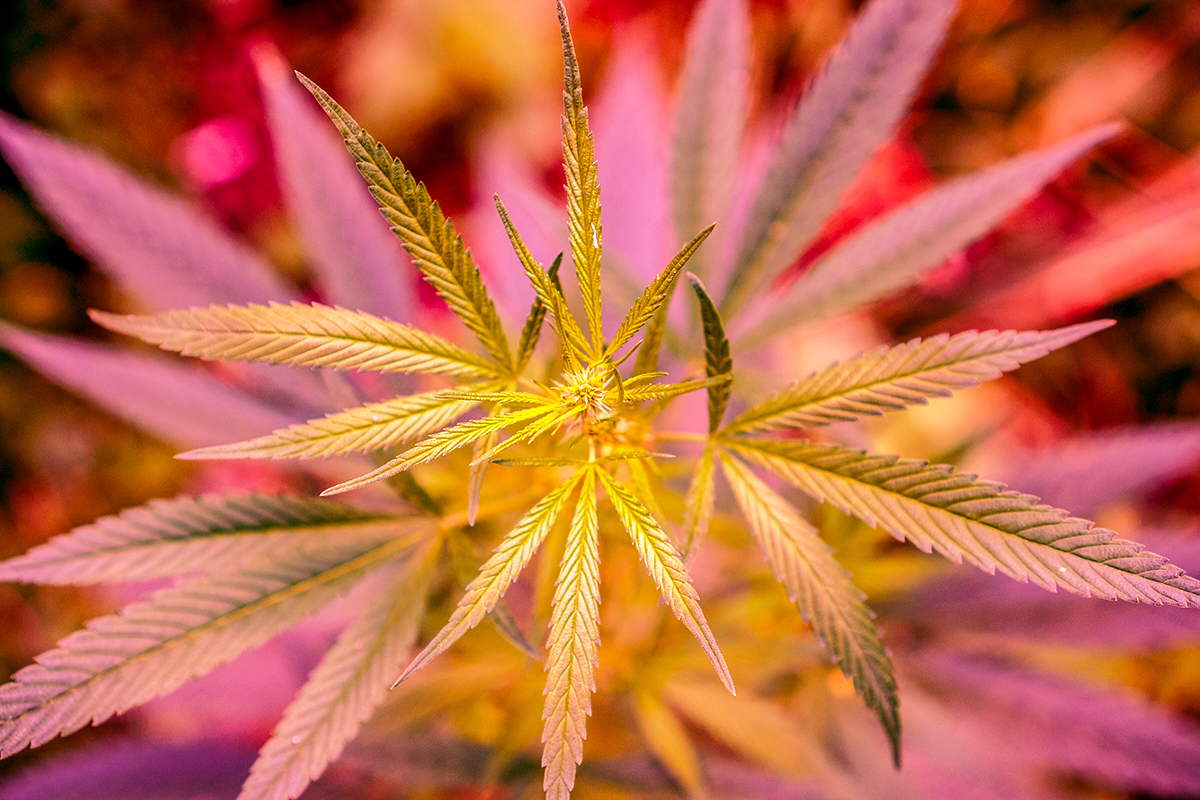News
NOPE: Irate Politicians Declare Open Revolt Against Sessions’ Return to the War on Weed

To the consternation of seemingly everyone, Attorney General Jeff Sessions single-handedly exhumed the cadaver of cannabis prohibition Thursday, torching protections instituted by the previous administration against federal intervention into any state’s self-determined pot policies in a memo as bitterly received as it is economically, socially, and politically stunted.
An appropriately acrid backlash expectedly ensued.
“We will not be bullied by an administration that seems obsessed with dismantling things that are actually working,” Seattle Mayor Jenny Durkan railed.
In Colorado, CBS News reports, U.S. Attorney Bob Troyer openly rebelled, announcing his office would not alter how it prosecutes cannabis crimes, while Senator Cory Gardner — a Republican — went a step further, warning any Department of Justice nominations by President Trump would be blocked until Sessions backtracks the abhorrent move.
“The decision today blindsided me and many others who were under the belief that this wouldn’t happen,” Gardner told the press. “If the Department of Justice wants another nominee confirmed, they better fix this.”
“This was not a part of the agenda,” the senator contended, “this was not a part of the plan, many of us were misled.”
Additionally, “Charlie Baker, the Republican Governor of Massachusetts, called the Sessions policy ‘the wrong decision,’ while pledging to ‘review any potential impacts.’ Republican Governor Brian Sandoval of Nevada told The Daily Beast in a statement that he believed ‘Nevada’s marijuana industry is a model for other states.’ Bill Walker, the Independent Governor of Alaska, called the decision ‘disappointing,’ adding that he was ‘committed to upholding the will of Alaskans on this issue and maintaining our State’s sovereign rights to manage our own affairs while protecting federal interests.’ Alaska became the third state to legalize recreational marijuana in 2015.”
It wasn’t just the offensive move, itself, vexing most of the nation, but its abruptness and otherwise inscrutable timing — apparently, even the Justice Department had to scramble to provide albeit vague answers.
“U.S. attorneys offices need to determine what cases need to be brought,” an unnamed senior DOJ official told reporters, according to the Daily Beast; while another refused to elaborate on whether or not rescinding the Obama-era policy would increase pursuance of pot cases, stating, “I can’t sit here and say whether it will or won’t lead to more marijuana prosecutions.”
If the vocal rebellion and rage unfolding nationwide are indicators, Sessions’ gutless crusade against recreational and medical cannabis will be deservedly impotent; but — in the offhand event the nation’s top drug warrior’s revocation of protections somehow sprouts teeth — several rational members of Congress have introduced legislation, if not sanity, to end arguably one of the most nefarious aspects of unpopular policy (the larger war on drugs) in American history: pot prohibition.
Representative Justin Amash tweeted, in part, Friday, “Under our Constitution, marijuana shouldn’t be federally criminalized. @RepTomGarrett has a bill that will stop AG Sessions in his tracks: the Ending Federal Marijuana Prohibition Act of 2017 (#HR1227), which I’ve cosponsored.”
Under our Constitution, marijuana shouldn’t be federally criminalized. @RepTomGarrett has a bill that will stop AG Sessions in his tracks: the Ending Federal Marijuana Prohibition Act of 2017 (#HR1227), which I’ve cosponsored.
Here’s a list of cosponsors: https://t.co/buRPtGh9Bm
— Justin Amash (@justinamash) January 5, 2018
https://twitter.com/TulsiPress/status/949026586518532097
According to its summary, the bill “amends the Controlled Substances Act to provide that the Act’s regulatory controls and administrative, civil, and criminal penalties do not apply to with respect to marijuana.
“It removes marijuana and tetrahydrocannabinols from schedule I. (A schedule I controlled substance is a drug, substance, or chemical that: has a high potential for abuse; has no currently accepted medical value; and is subject to regulatory controls and administrative, civil, and criminal penalties under the Controlled Substances Act.)
“Additionally, it eliminates criminal penalties for an individual who imports, exports, manufactures, distributes, or possesses with intent to distribute marijuana.”
This, of course, would satisfy nearly two-thirds of the American public, 64 percent of whom voiced support to Gallop in an October poll for national legalization — the highest percentage, according to Rolling Stone, since the question was first asked in 1969 — when a paltry 12 percent affirmed.
That the announcement came in the midst of an ever-worsening opioid crisis, the same week California allowed legal recreational weed sales, and in utter neglect of the industry’s indomitable economic force also helped peg Sessions as one of the least liked people in the United States and enemy to the very principles of freedom touted so readily at high levels of government when otherwise convenient.
Of course, as Representative Dana Rohrabacher pointed out, Sessions’ war on the people does have at least one group of potential benefactors — beyond those cozily positioned in the pharmaceutical industry — likely celebrating the return to cannabis irrationality.
“The attorney general of the United States has just delivered an extravagant holiday gift to the drug cartels,” the California politician observed in a searing statement cited by the Daily Beast. “By attacking the will of the American people, who overwhelmingly favor marijuana legalization, Jeff Sessions has shown a preference for allowing all commerce in marijuana to take place in the black market, which will inevitably bring the spike in violence he mistakenly attributes to marijuana itself.”
Typos, corrections and/or news tips? Email us at Contact@TheMindUnleashed.com
